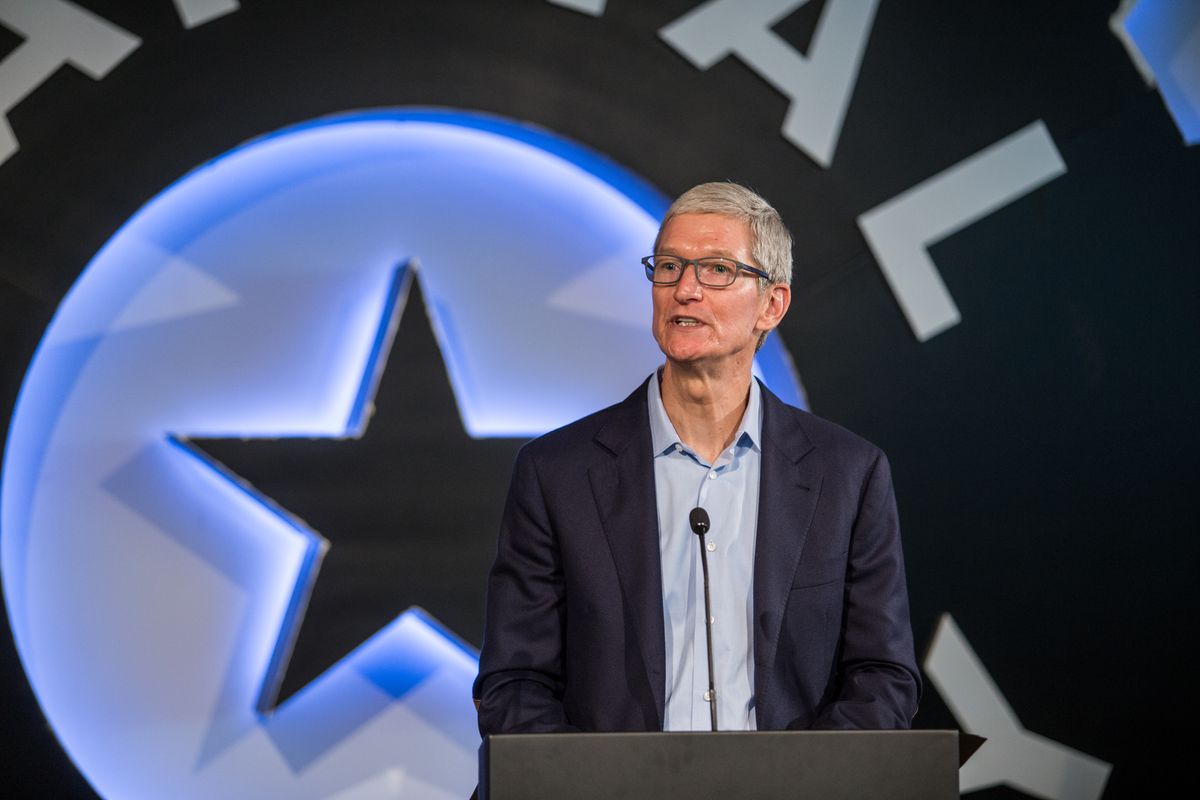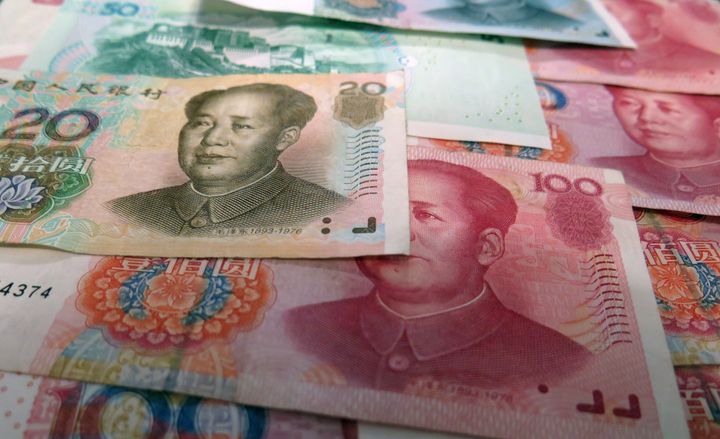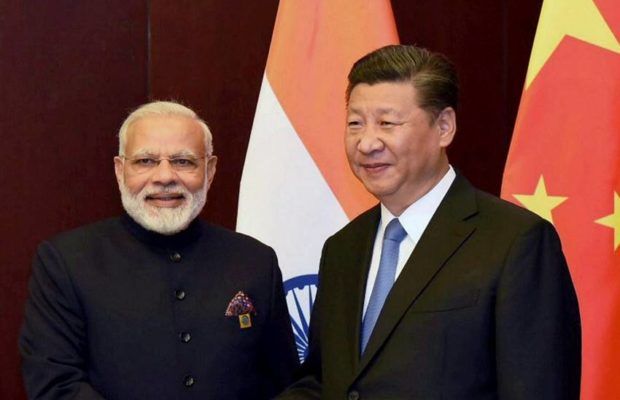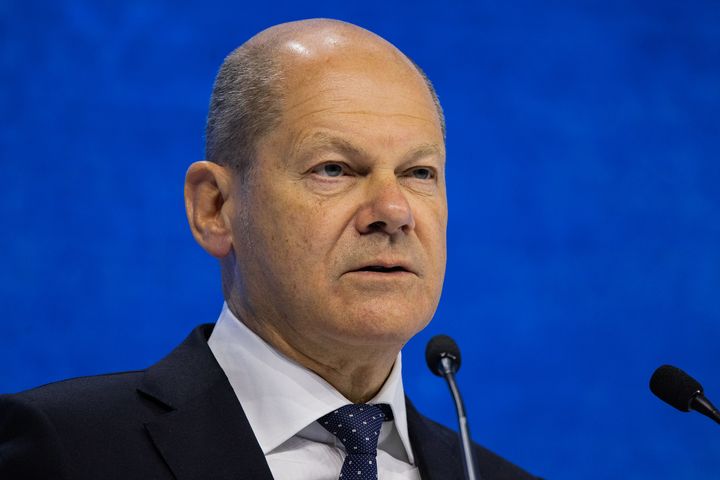China’s Commerce Minister and Apple CEO Meet to Discuss Supply Chain

The Lede: Tim Cook, CEO of Apple, met with China’s minister of commerce, Wang Wentao to discuss industrial and supply chain stabilization, the Chinese Ministry of Commerce said on Monday. The meeting comes amid rising trade and geopolitical tensions between Beijing and Washington.
What we know:
- During their meeting, Wang assured Cook that China is ready to provide foreign companies, including Apple, with a supportive environment
- Tim Cook visited China first time since the pandemic to attend the China Development Forum, the country’s version of Davos over the weekend.
- His trip to Beijing, one of Apple’s biggest markets, was covered by Chinese state media. As Apple CEO took the stage for a discussion on technology and innovation, he was greeted with welcoming applause.
- Cook is one of the several American business leaders currently in Beijing for an event that has been promoted as a celebration of the country's re-opening after three years of strict zero-Covid measures.
- China Development Forum saw muted American participation, with only a handful of high-level corporate leaders. Instead of sending senior executives, some American companies chose to refrain from attendance at the event or to send lower-level executives, while others met with individual stakeholders on the sidelines of the event.
- Cook’s visit comes after news that Apple is trying to diversify its manufacturing outside China – GoerTek, a massive AirPods manufacturer plans to invest $280 million in a new Vietnam plant, while Foxconn, a major supplier, is set to establish a large factory in Bengaluru, India.
The background: Apple's history in China dates back to the 1990s when it began manufacturing and selling its products in the country. In 2008, the company opened its first Apple Store in China, and since then, has expanded its retail presence, leading to China becoming a crucial market for Apple, accounting for a significant portion of its revenue. Last year turned out to be a challenging one for the company due to the strict zero-Covid measures which had a severe impact on the supply chains. In the last quarter of 2022, Apple's revenue declined for the first time in three and a half years due to significant supply chain disruptions in China that delayed the delivery of iPhones during the holiday season. Meanwhile, Foxconn, which is Apple's primary supplier dealt with violent protests over wages at the campus located in Henan province in China, which is the world's largest iPhone assembly factory, after the area was locked down as part of a stringent zero-COVID policy.
Rising labor costs, pandemic restrictions, geopolitical tensions, and trade disputes between the U.S. and China, which have led to tariffs and uncertainties around the global supply chain, encouraged Apple to seek manufacturing alternatives outside China.
Likely outcomes/Takeaway:
- Cook’s visit to Beijing and his comments during China Development Forum suggest that Apple values its relationship with China, considering it an essential part of its business and a critical market for its products. According to Cook, Apple's partnership with China has been mutually beneficial and the company is committed to continuing to invest in the country.
- Despite the “symbiotic relationship” between Apple and China, the tech giant is likely to continue exploring alternative manufacturing hubs, with India and Vietnam on top of the list so far.
- The process of moving manufacturing operations requires significant investments in infrastructure, workforce training, and regulatory compliance. The relocation process can take several years to complete, and the new location must meet specific criteria in terms of economic stability, political stability, and workforce availability. For example, in India Apple has hit a couple of roadblocks. The Financial Times reported that at a casings factory in Hosur, which is operated by the Indian conglomerate Tata and serves as one of Apple's suppliers, approximately half of the components produced are deemed suitable for eventual delivery to Foxconn, Apple's assembly partner for iPhone production.
- Therefore, despite its efforts to diversify the supply base, Apple is expected to remain reliant on China for years.
Quotables:
“We could not be more excited,” said Tim Cook. “Apple and China . . . grew together and so this has been a symbiotic kind of relationship.”
“While Apple has made efforts to move production out of China, in our opinion, India still accounts for less than 5% of total iPhone 14 production and is likely to help only to a limited degree at this time,” Piper Jaffray’s Harsh Kumar.
"They [Apple] are already at about 5-7% of their manufacturing in India. If I am not mistaken, they are targeting to go up to 25% of their manufacturing. They launched the most recent models from India, manufactured in India," India’s Trade Minister Piyush Goyal.
Good Reads:
Tim Cook praises Apple’s ‘symbiotic’ relationship with China (The Financial Times)
Apple CEO Tim Cook meets with China’s commerce minister on supply chain (CNBC)
Apple targets raising India production share to up to 25% - minister (Reuters)



